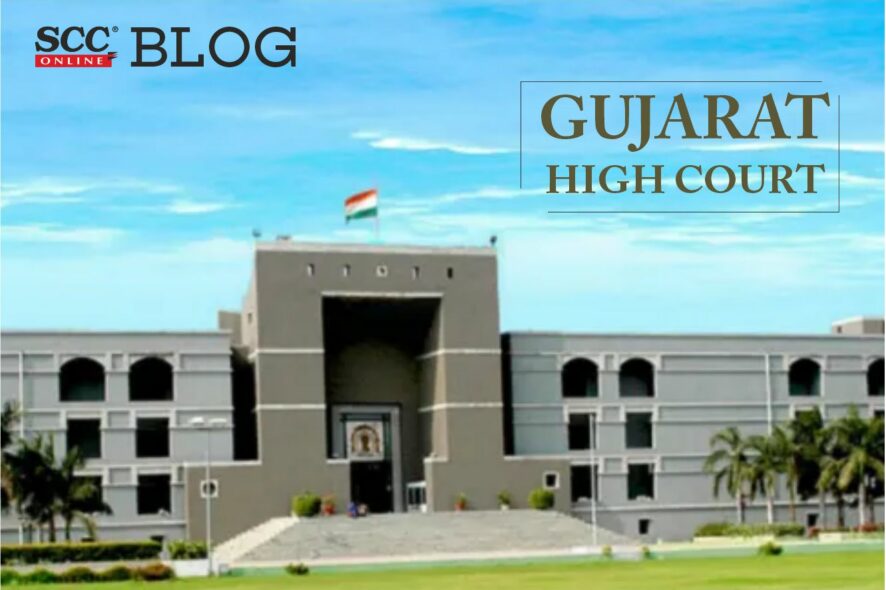Gujarat High Court: The Division Bench of S.H. Vora and Rajendra M. Sareen, JJ. dismissed a criminal appeal which was filed on being dissatisfied with the order passed by Special (POCSO) Judge for the offences under section 376 of Penal Code, 1860 and also, u/s 3 and 4 of the Protection of Children from Sexual Offences Act, 2012 (POCSO).
The case of the prosecution was that from 26-12-2015 to 27-12-2015, the accused forcibly entered in the house of the complainant, threatened the victim to kill her parents and thereupon, forcibly made intercourse with the victim and thus, committed the offence punishable u/s 376 of IPC and also u/s 3 and 4 of the POCSO Act. After having found material against the respondent accused, charge-sheet came to be filed. After hearing both the sides and after analysis of evidence adduced by the prosecution, the trial Judge acquitted the respondent-accused of the offences, for which he was tried, as the prosecution failed to prove the case.
The Court noted that the prosecution has not brought on record any authentic and reliable evidence as to wherefrom the contents of the birth certificate being obtained and placed on record and that the victim had not disclosed anything regarding the act of intercourse when her statement u/s 164 of the Code of Criminal Procedure was recorded. In nutshell, the victim did not shout for help, or her brothers disclosed anything though were outside home for tuition and attending the school nor she sought any help by using her mobile. Not only that, she did not also disclose to any of her relatives, who came at her home despite she was asked. Thus, the Court agreed with the trial judge’s finding that birth certificate of the victim and occurrence of the incident as alleged by the victim were not reliable and trustworthy.
The Court reproduced what was said in Ramesh Babulal Doshi v. State of Gujarat, (1996) 9 SCC 225 and found that in the present case APP has not been able to point out to as to how the findings recorded by the trial Court are perverse, contrary to material on record, palpably wrong, manifestly erroneous or demonstrably unsustainable.
The Court finally relied on Rajesh Singh v. State of Uttar Pradesh, (2011) 11 SCC 444 and in the case of Bhaiyamiyan v. State of Madhya Pradesh, (2011) 6 SCC 394 where it was established that while dealing with the judgment of acquittal, unless reasoning by the learned trial Court is found to be perverse, the acquittal cannot be upset. It is further observed that High Court’s interference in such appeal in somewhat circumscribed and if the view taken by the learned trial Court is possible on the evidence, the High Court should stay its hands and not interfere in the matter in the belief that if it had been the trial Court, it might have taken a different view.
The criminal appeal was thus dismissed.
[State of Gujarat v. Pratap Prabhuram Devasi, R/Criminal Misc. Application No. 15092 of 2022, decided on 22-08-2022]
Advocates who appeared in this case :
CM Shah, Advocate, for the Applicant 1.
*Suchita Shukla, Editorial Assistant has reported this brief.







